The first time I saw an upside down American flag it was on the back of a wheelchair. It made me uncomfortable, but Helen* frequently made me feel uncomfortable. She was a blunt, demanding, intimidating, old-school activist working class butch dyke with a voice that was simultaneously raspy and shattering. In short, she was a hero. If I need to call to mind the exact tone of her voice, I just need to think of her partner’s name. Helen’s utterance of it, like her voice, had layered notes of demand, vulnerability and impatience. Miiicheeellle.
If a door was too heavy or inaccessible for a person encumbered with crutches, a walker or a wheelchair, Helen was the first to report it, and if she wasn’t the first, she’d definitely be the last. Lesbian rights, women’s rights, disability rights, civil rights – all of it sat front and center in any room she inhabited.
Where I favored email or a fond wave from across the room, Helen favored full on engagement. She’d steer her wheelchair like my grandma used to steer her car- choose a direction and hit the gas hard. Next thing you knew, her wheels would be inches from your toes, her belly hanging between her legs and her hands gesturing to the middle of your chest. That’s why, when I used to see her at the YMCA just after her pool exercise and my weight machine rounds, I ducked and weaved behind the pulleys and mirrors. Before we got to know each other, she wasn’t keen on trans rights, which is to say she was a lesbian separatist. Eventually, she questioned her stand there. I don’t think I, a very visible trans man, had any influence on her; I just appeared in her life as she was changing her mind about that. Still, I was early in my transition and didn’t have the confidence to defend myself yet, so just in case, I usually tried to steer clear and appreciate her from a distance.
I was on my way to my truck after a workout and had snuck out around her as she was holding forth with two YMCA employees about the contraption that was supposed to lower and lift her in and out of the pool. The flag was draped over the back of her wheelchair, sort of pinned there. It was a little grimy from the hours and miles driven on hot St. Louis sidewalks and being loaded and unloaded into a van. Dozens of bumper stickers competed for space on the armrests and a big plastic cup with a straw bumped along as she aimed herself my way and hit the gas hard. Now she was barreling down the sidewalk, gaining on me.
It’s perhaps these few minutes that made me love her a little, and I can’t even remember the conversation except that she was kind to me and she had a stuffed animal wedged between her thigh and the armrest.
Helen didn’t believe in new age therapy or touchy feely anything. I knew she’d grown up in an orphanage, and the only picture I’d ever seen of her before the wheelchair was of her smoking a pipe while straddling a motorcycle. Her helmet had giant stars and stripes like Easy Rider, and it rode on the handlebars.
I didn’t ask her what it meant to hang the flag upside down, but it looked like a giant fuck you, which would have been true to her nature. It made me sort of angry for reasons that I couldn’t quite understand at the time, and also inspired me to make a mental note. Sometime in your life, be bold enough to question every sacred thing.
The thing I do remember about our conversation was that she had named her stuffed animal. She was trying to bond with it, to connect with a smaller self, a child self. In other words, new age therapy. I silently bonded with her as I thought of Snoozy Bear, my doll from my fifth birthday, resting perfectly seated amongst my other teddy bears that I routinely comforted as I searched around them in my closet. I remember her being happy to see me, and I remember making another mental note to stop being such a dick.
When I got home I looked up what it means to hang the flag upside down and saw that it wasn’t a fuck you, but an S.O.S. A sign of a nation in serious trouble. I can’t help it. Every time I think of this, I think of summer, 1990. I was seventeen, and driving my sister home late at night. We only had about a mile’s drive through Effingham to get to our dad’s apartment, and to get there, I cut through downtown, where there were dozens of American flags flying. In the darkness, we saw a group of boys tearing down the flags. I still see the image in my mind of them running, cigarettes in hand, jumping and grabbing at the cloth, dragging it into the dirt. I stopped the car and we looked at each other for a beat before flinging the doors open and chasing them across the courthouse yard, across the street, past First National Bank to the post office where they scattered into the darkness. We stopped, crouched with our hands on our knees, and caught our breath, high on our righteousness, our certainty that we were defending the good. We were the brave ones. Two girls who had chased the boys away. Even though we had been drinking vodka and smoking menthols and weed (at least I had), we had defended something sacred. I was sure of it. So sure, in fact, that this memory stuck in my mind as evidence that I was one of the good guys.
The next time I saw an upside down flag it was taken down and burned on an interstate ramp. I was live streaming my participation in a Black Lives Matter march that led to blocking multiple lanes of traffic. I knew my relatives back home in Illinois were watching and I wanted to tell a certain story. I wanted them to empathize, and I knew I would lose them if they saw that. I turned my camera away from the flag burning and stood transfixed. It made me uncomfortable in a way that I still didn’t understand. I held my camera so that the marchers and sign wavers were in the frame and watched in the other direction as the smoke escape through the arms and legs of a circle of people. It was thick and dark the way something that is fire retardant smokes when it’s doused with gasoline. It didn’t want to catch. The result wasn’t the dramatic immolation the marchers wanted. It was awkward, and the logistics of lighting the flag sapped the spontaneity. Only a few stuck with the task, and the others retraced their steps back to the crowd, which was now headed onto the highway. I turned my camera toward the line of police officers wearing riot gear and answered, “No Justice” with “No Peace” along with everyone else. It’s that image that sticks with me – concentric circles of people trying to destroy something – protesters destroying a symbol of oppression, an armored police militia pressing in on a group that threatens the status quo, a group of observers and journalists who encircle the police threatening free speech.
But why was I, in some way, attached to a piece of apparently fire proof cloth?
The answer, I think, begins in Effingham, IL, specifically in a Southern Baptist Church in Effingham. Church was the white-hot center of my family. We went three times a week – twice on Sunday and once on Wednesday. It was where I learned about the power of language and fealty to a cause that is much, much bigger than one person. It was more than Sunday school, it was a thesis statement that followed me out of that church, into independent bookselling and then left me standing on a street corner pointing a camera one direction while looking another.
One Sunday when I was about ten years old, I sat in the baby room in the nursery while we listened to Brother Carl** shout into the microphone and into the radio airwaves and out of the speakers on the floor that ours was the only righteous faith.
“I will not apologize! I will not apologize!” he yelled. It was the first time it occurred to me that there was another group of people, possibly with more control, who would demand an apology for who I was. Other religions had their symbols and their tokens. “False idols,” Brother Carl called them. Ours was held together by certainty, an esprit de corps, a tribalism that became the air we breathed. This feeling of belonging to (and of possessing) the kingdom of the lord expanded to our town, our state, our country. We had the spirit of god, and it was up to everyone else to accept it into their hearts too. It was a big tent, but it was our tent.
Of course that’s a funhouse mirror view of the world. I started to understand that when I asked how to become a preacher and my Sunday school teacher said that was only for boys. I understood it further when I developed a crush on my third grade teacher, Mrs. Woods. I met people, fell in love with people, fought with people and listened to people. I embraced my queerness and my trans-ness. Slowly my worldview evolved in such a way that I was on the other side of the mirror looking in at this white evangelical entitlement knowing I was now the person Brother Carl was yelling at. He would not apologize, and neither would I.
Still, I didn’t have another thesis statement, so I applied the original one to bookselling and activism, trying to be a better person, trying to belong to something bigger, something righteous in an anti-racist, queer, secular way. I thought I had eradicated nearly all the trappings of my bible toting youth, but looking at that group torching the flag, it became evident that I still had it in me – that feeling of belonging to (and of possessing) the kingdom around me. That flag represented to me a nostalgic safety, where I knew the rules and the rules were there to protect me. But that’s a funhouse mirror view of the world. The American flag, to so many people, represents laws that make them outlaws, rules that rule them out, that protect others from them. From us. It is a symbol of the will of a group of people to extract and apology from us for being who we are, for believing what we do, for loving who we love. To some, the struggle is to defend what being an American means, to others, the struggle is to expand what America means. To challenge it. To question the sacred thing and require it to answer.
This year, in the wake of the reversal of Roe v Wade, the similarly catastrophic ruling favoring the coal mining industry over global climate change remediation, and other soul crushing defeats, it appears that more (white, cis, het) folks finding themselves outside of the shade of the big tent. They’re losing faith in the judicial system and really any elected official on either side of the aisle (and possibly the actual aisle). Lots of upside down flags. Lots of despair. Lots of crowing on the other side. Lots of solicitations for donations. Lots of silence.
What does this mean for the flag? What about the banners we wave signifying our identities and affiliations? Yellow and Blue flags briefly frame our profile pictures. Rainbow flags are everywhere in June (except for of course Chick-fil-A), and overnight they are replaced by red, white and blue banners and Fourth of July sales (except for Amazon who, even though I have opted out of all communication with them, still shows up in my phone scroll with ads telling me to wait for Prime Day). Is something sacred if it’s sanctioned, scheduled and short-term? It’s hard to be sure of anything. Enemies look like friends. Friends look like intruders with rude wheelchair politics. A flag can be false.
In Helen’s case, the upside down flag’s call of dire distress followed her everywhere she went. She wore it (metaphorically) like a cape. It dangled there amongst one liners stuck to the metal cage she found herself steering through a world she loved enough to provoke but that would have rather avoided her.
A couple of years before she died, I saw Helen steering her chair across a cracked parking lot and around the weeds on the sidewalk a couple of miles away from the YMCA. She held a full bag from Jack in the Box in her hand as she rode away. I waved and called out to her from my truck, but she kept going. I don’t know if she heard me or not. I like to think she did, but she was too damn busy changing her mind and changing the world to notice me. On the Fourth of July, I like to think about that.
*Helen and Michele were real people, and if you’re from St. Louis you probably knew them. I changed their names to respect their privacy anyway.
**Brother Carl is also a pseudonym. Also real.
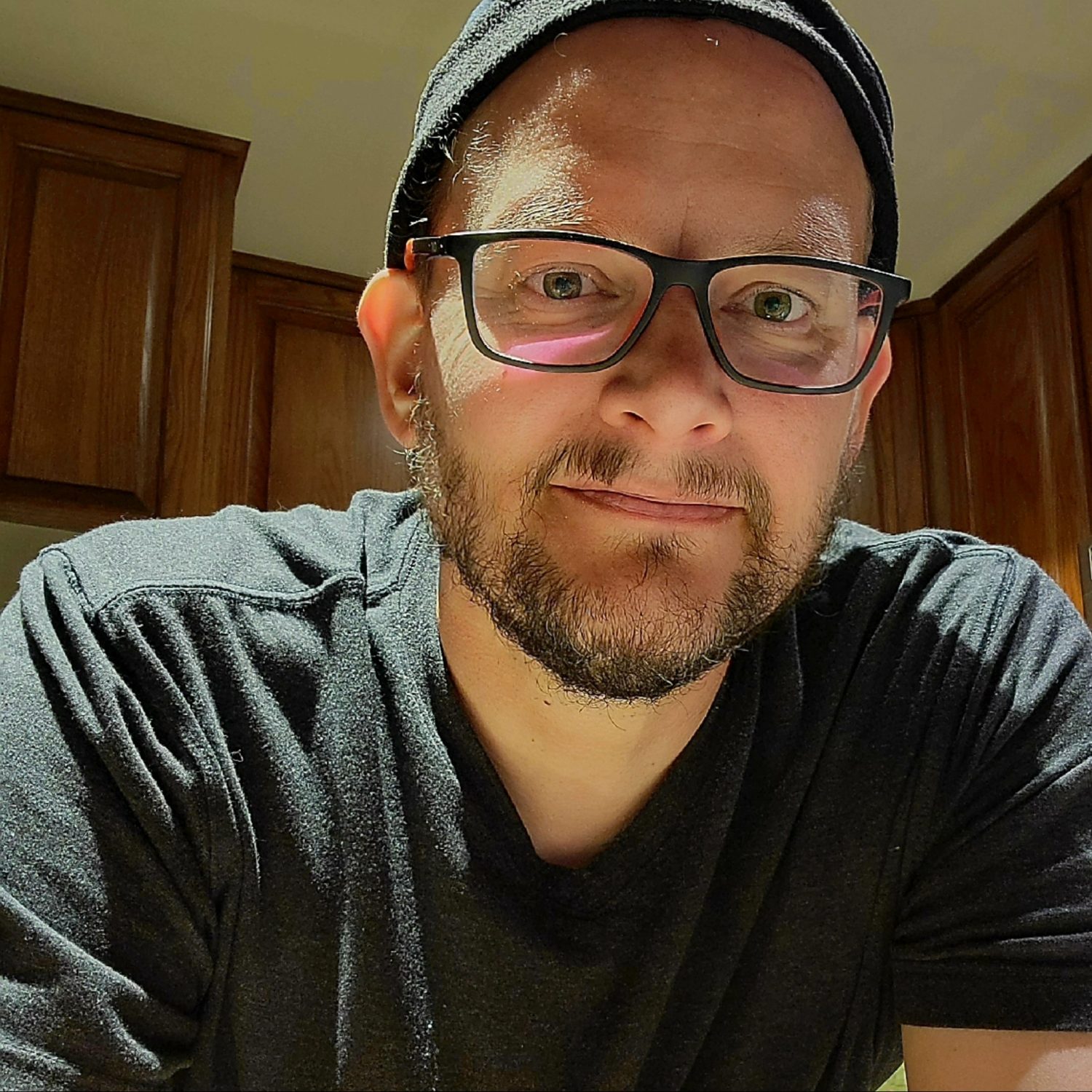
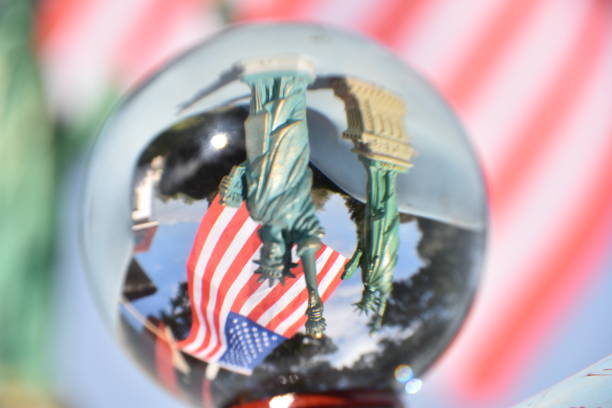
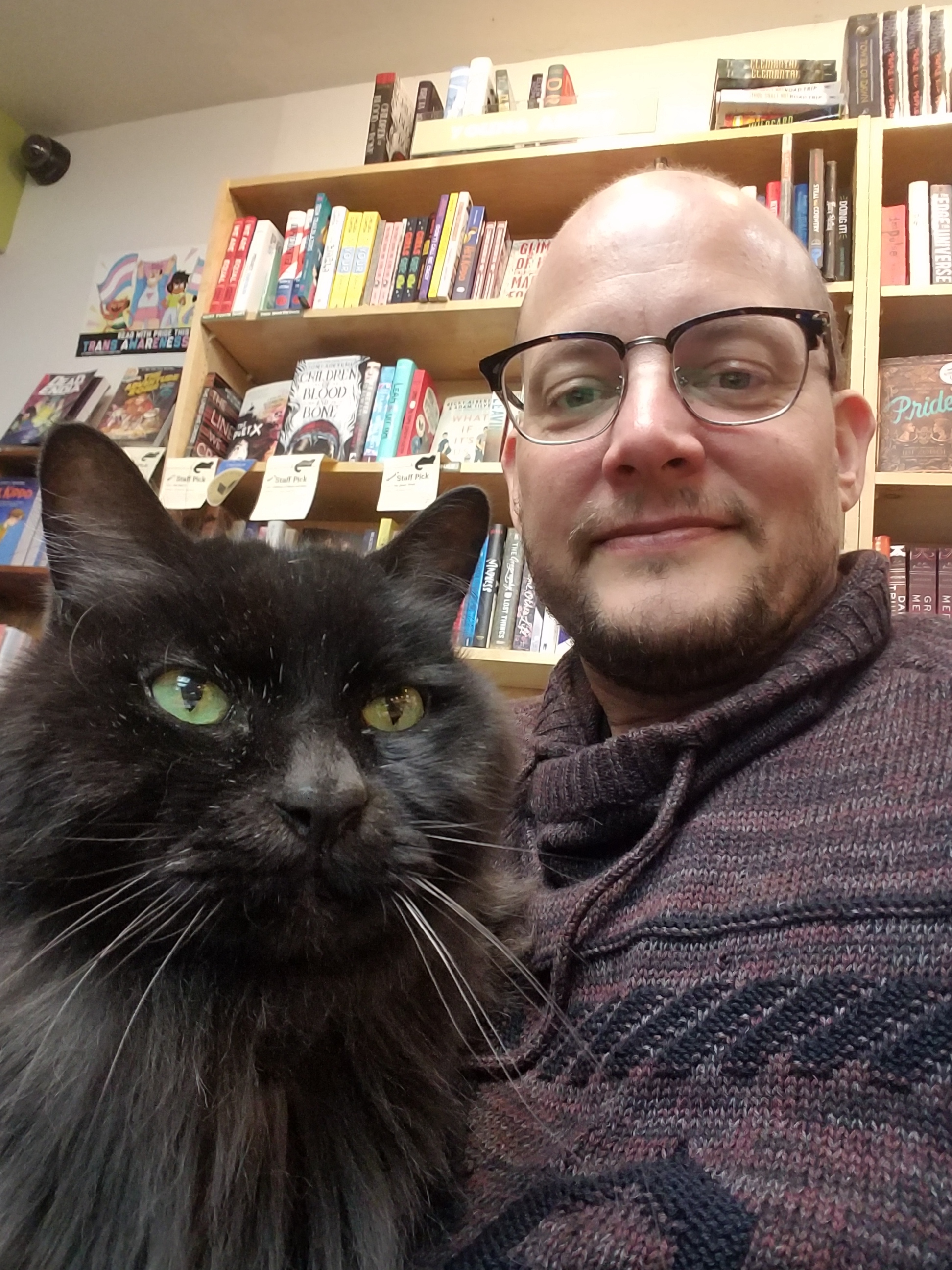 One night, anticipating a protest on our corner, we made a quick decision to close the store a little early. We had a cracked plate glass window and we worried it could get broken and tear gas could make its way into the store.
One night, anticipating a protest on our corner, we made a quick decision to close the store a little early. We had a cracked plate glass window and we worried it could get broken and tear gas could make its way into the store.
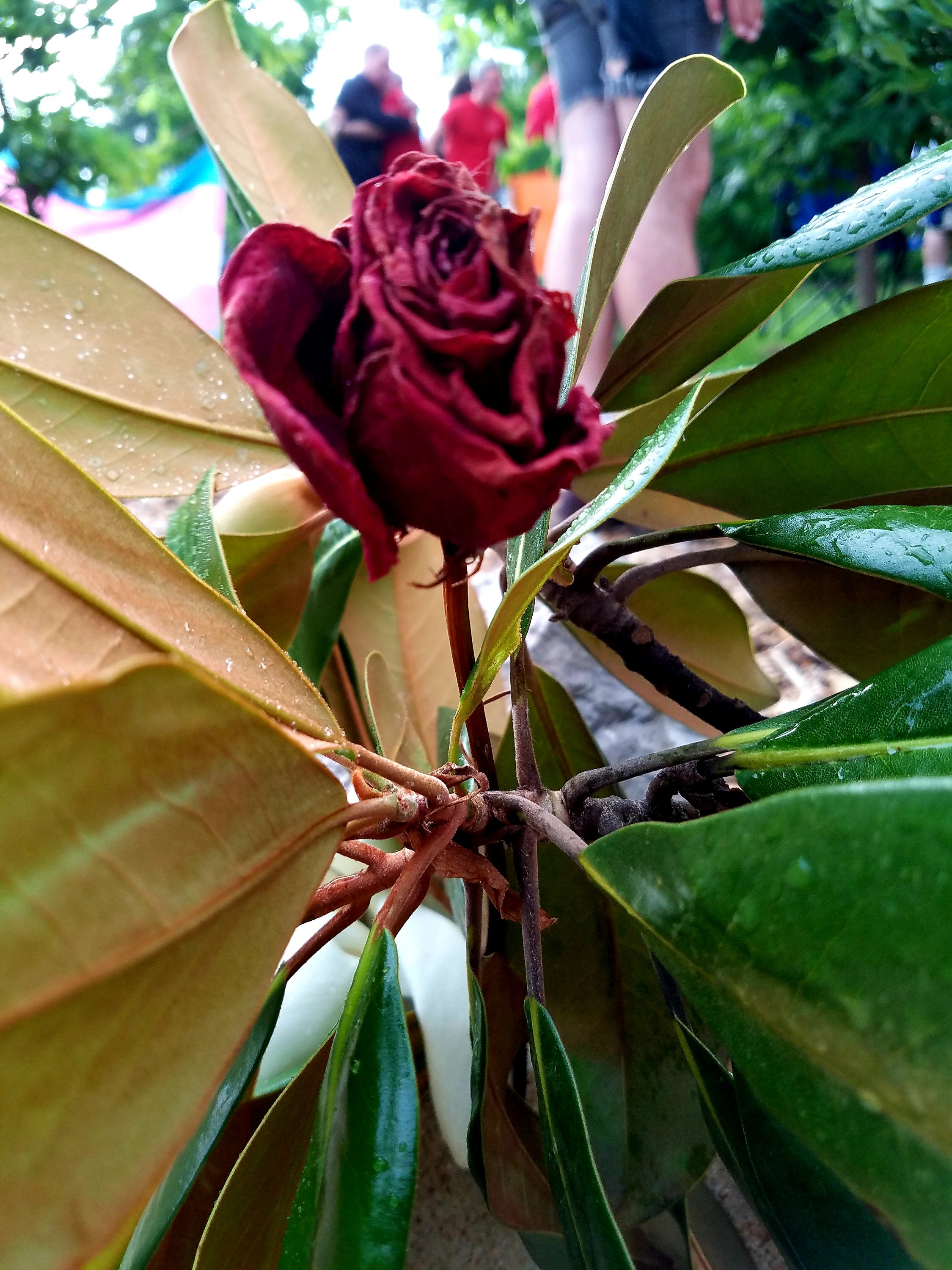














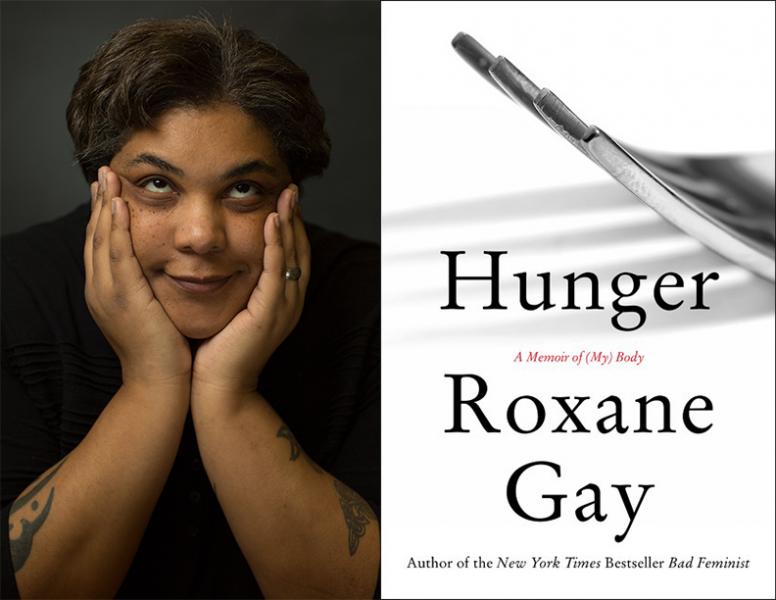
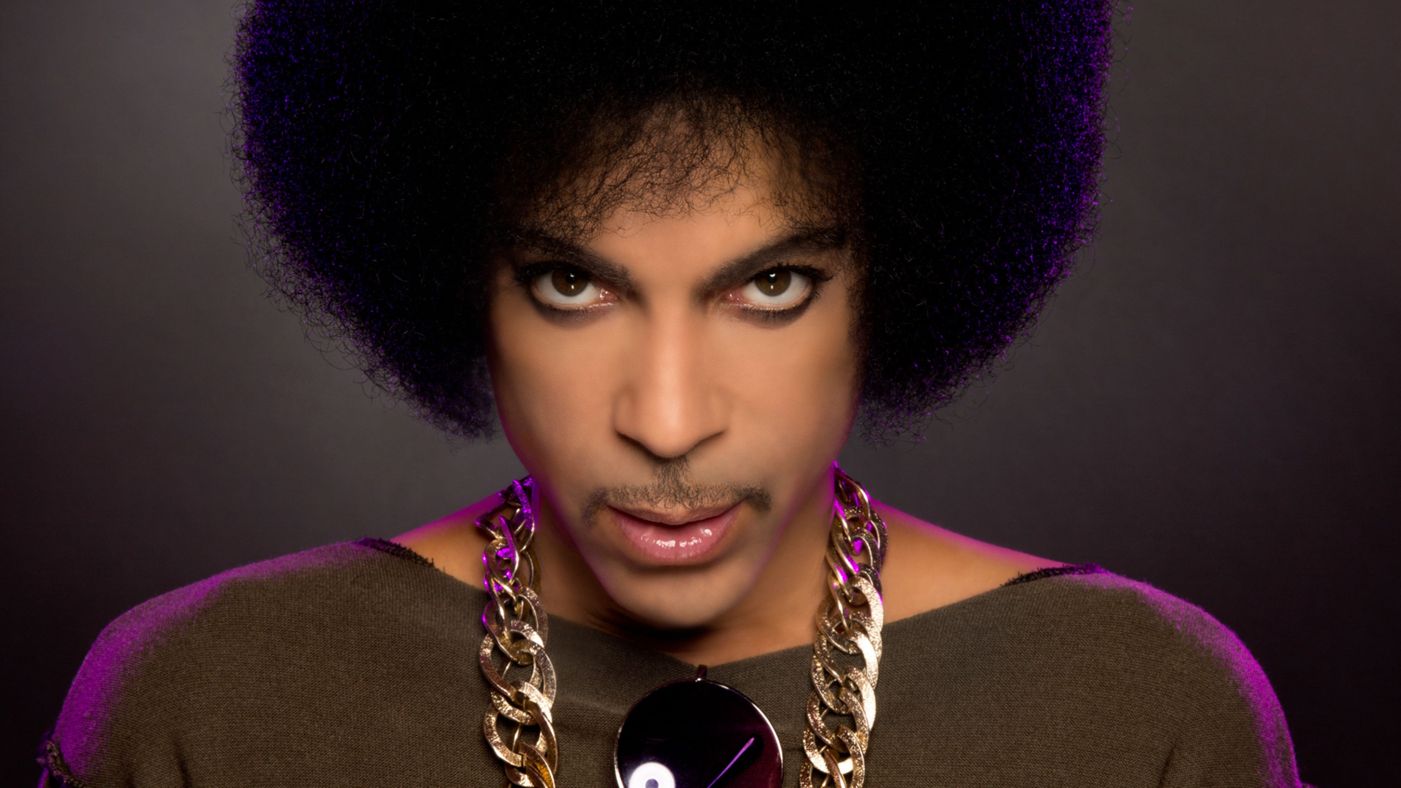
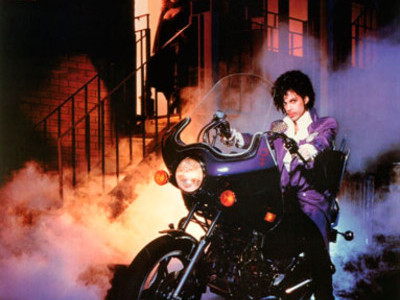 I don’t remember the first time I heard
I don’t remember the first time I heard